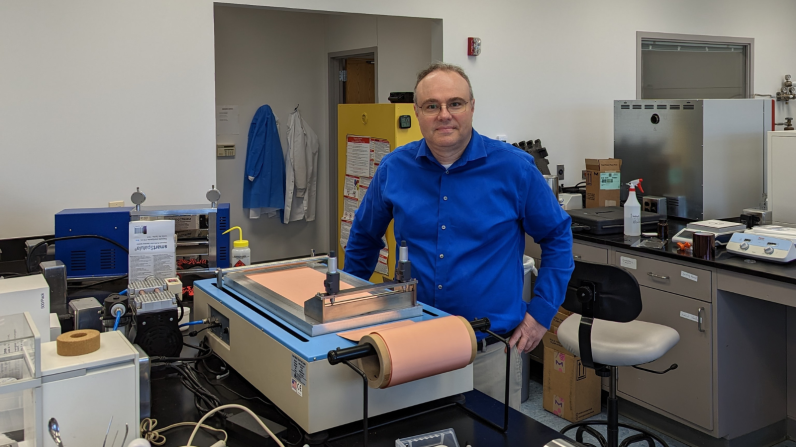
In the race to a more sustainable future, lithium-ion batteries are indispensable for electric vehicles (EVs) and renewable energy storage. However, significant obstacles—such as high costs and fragile supply chains—are hindering broader adoption. Much of the issue lies with the materials that power these batteries, like cobalt and nickel, which are expensive and difficult to source. AquaLith is taking on these challenges head-on, offering innovative materials that could dramatically reshape how batteries are made and used.
Batteries need to be cheaper and lighter for industries like electric vehicles to reach their full potential. The catch? The most efficient batteries today rely on nickel and cobalt, two elements that not only raise the cost but also create significant supply risks. About 70% of the world's cobalt comes from the Democratic Republic of Congo, where China controls most mining operations. This creates a critical dependence on foreign-controlled resources for the US and European markets.
This scarcity, combined with environmental and ethical concerns around cobalt mining, has driven the search for more abundant, affordable alternatives. That's where AquaLith comes into the picture, creating breakthrough materials that can reduce reliance on these expensive resources while drastically cutting costs.
AquaLith's innovations start with silicon anodes, a promising material long viewed as the next frontier for lithium-ion batteries. Silicon can store up to ten times more energy than traditional graphite anodes, meaning smaller and lighter batteries with higher capacities. But silicon faces a significant technical hurdle: instability. "The problem with silicon anodes is their tendency to expand and contract during charging, which causes them to crack and degrade quickly," explains Greg Cooper, founder and CEO of AquaLith.
While nanosilicon has been widely explored as a solution to the instability problem, it comes with its own set of issues—chief among them cost. "Nanosilicon, though promising, is extremely expensive and requires semiconductor-level technology to produce," Cooper noted. These processes are difficult to scale and result in a battery with a shorter shelf life.
Despite these challenges, AquaLith has found a way to overcome this by shifting from nano-sized silicon to micron-sized silicon, using an innovative protective layer on the silicon particles, allowing the anodes to withstand expansion without compromising their structural integrity.
AquaLith's approach to micron-sized silicon not only resolves these issues but is also significantly cheaper, cutting costs by as much as 50 times compared to nanosilicon. "The micron-sized silicon is an absolute game-changer," Cooper shared. "It works well with existing industrial processes, so we don't need to reinvent the wheel." This crucial advantage makes it far more scalable and economically viable for mass production.
In addition to lowering costs and improving battery performance, AquaLith is addressing another crucial issue: supply chain vulnerabilities. By reducing or eliminating the need for scarce materials like cobalt, AquaLith is helping to localize production and strengthen the resilience of battery supply chains. "We're shifting away from reliance on foreign-controlled resources," Cooper emphasized, "and focusing on abundant, locally sourced materials that can be easily procured in the US."
AquaLith is reshaping the future of batteries with its cutting-edge use of silicon anodes, especially micron-sized silicon. This innovation makes batteries not only cheaper and lighter but also longer-lasting, helping to reduce the need for rare materials. By doing so, they're making the battery supply chain more sustainable and less dependent on hard-to-find resources from abroad.
As AquaLith grows and pushes its technology forward, we can expect energy storage to become more affordable, reliable, and available to everyone, helping power a cleaner, more efficient energy future for all. To learn more about AquaLith, visit www.aqualith.net.







Join the Conversation